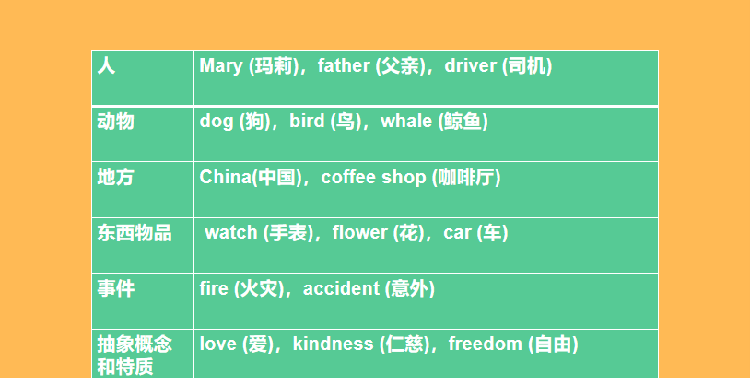在英语中,一些单词具有双重词性,可以作为名词和动词使用。例如,“address”作为名词表示地址,作为动词表示处理问题;“book”作为名词表示书籍或预订,作为动词表示预定或登记;“charge”作为名词表示费用或责任,作为动词表示收费或指控。使用这些单词时,需要根据语境确定其词性。

关于“address”
作为名词,address表示地址或演讲的地址。例如:What is your address?(你的地址是什么?)I will give you the address of the conference venue.(我会给你演讲场地的地址。)
作为动词,address表示处理或解决某个问题。例如:We need to address the issue of climate change.(我们需要解决气候变化的问题。)He addressed the audience about the importance of education.(他向听众演讲了教育的重要性。)
关于“book”
作为名词,book表示书籍或预订某个东西的行为。例如:I love reading books.(我喜欢读书。)I have already made a book for the restaurant.(我已经为餐厅预订了位置。)
作为动词,book表示预定或登记。例如:I want to book a flight to London.(我想预订去伦敦的机票。)He booked a room at the hotel.(他在酒店预订了房间。)
关于“charge”
作为名词,charge表示费用或责任。例如:What is the charge for this service?(这项服务的费用是多少?)I have the charge of looking after the children.(我负责照顾孩子。)
作为动词,charge表示收费或指控。例如:The restaurant charged me $20 for the meal.(餐厅向我收取了20美元的餐费。)He was charged with theft.(他被指控盗窃。)

